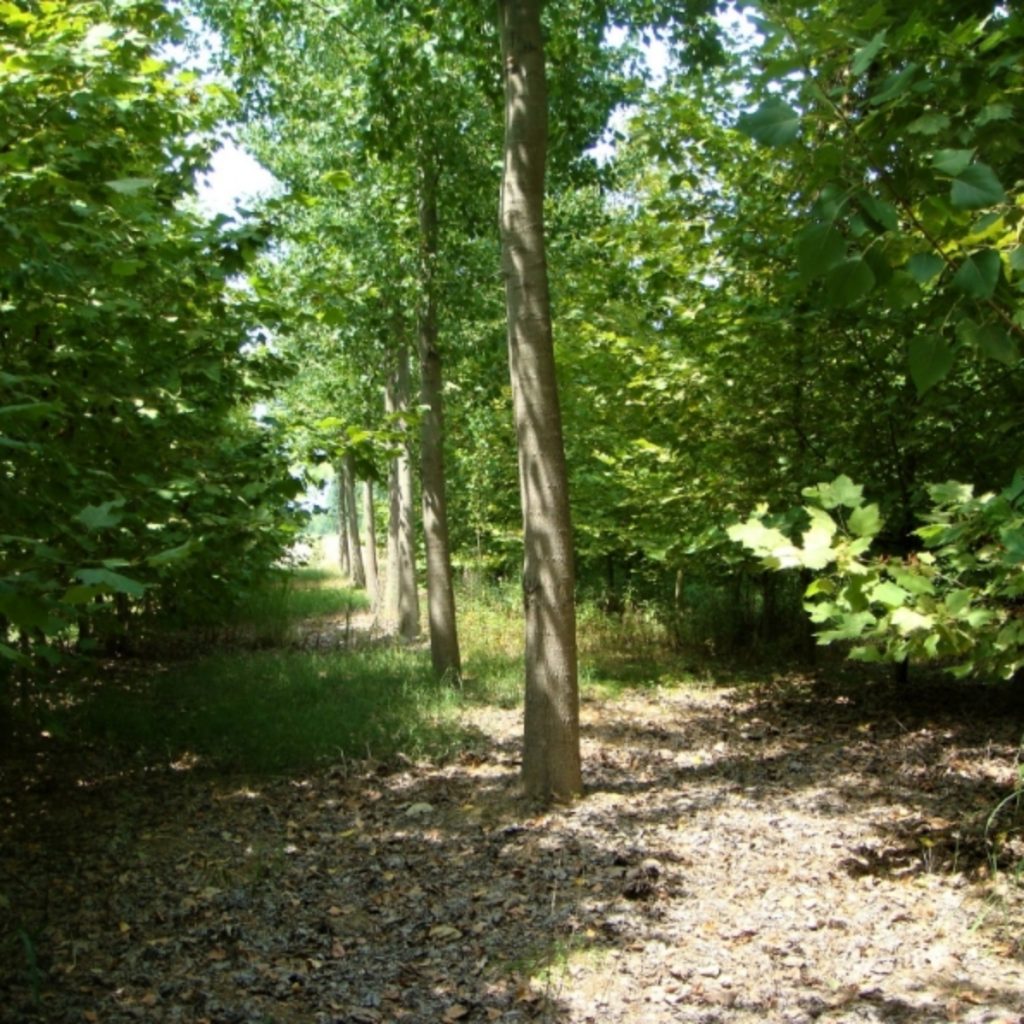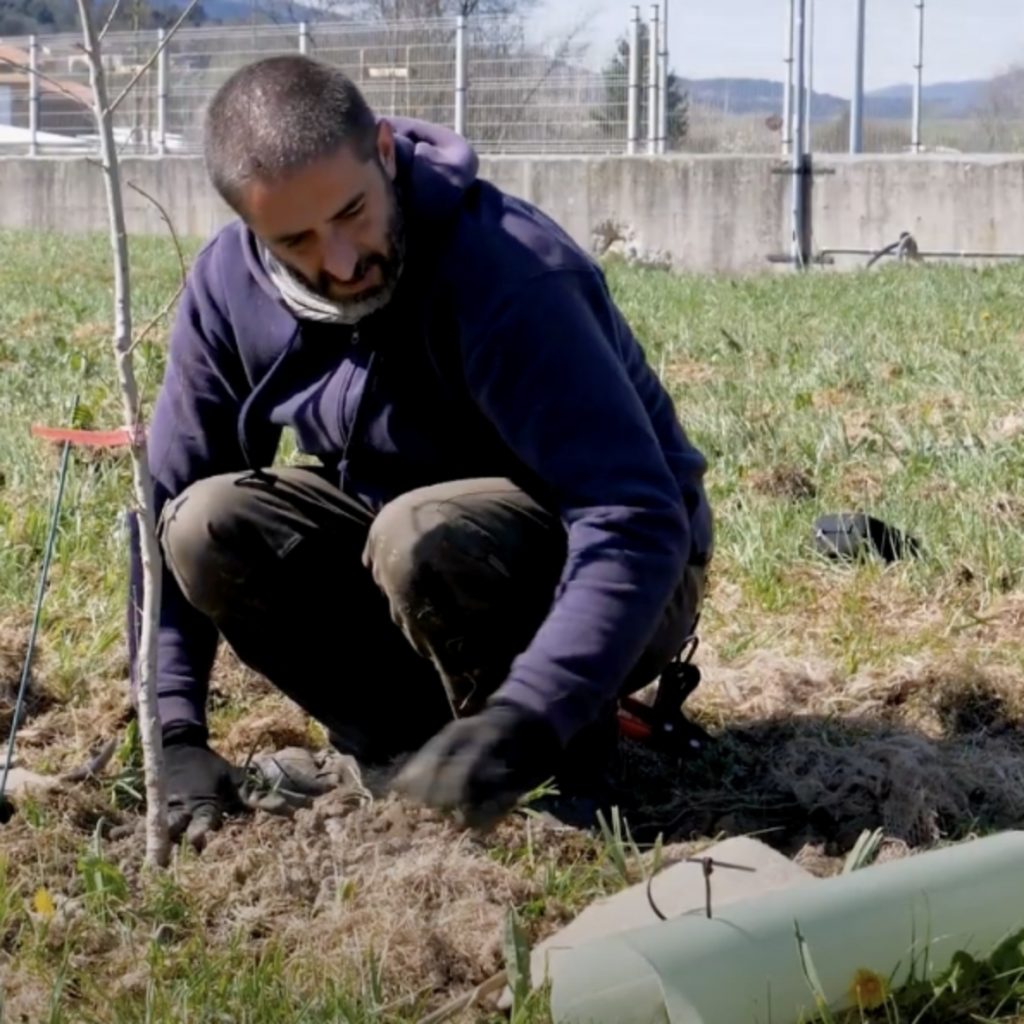Our history started in 1873, and is closely tied to the Carrara family and to Tuscany. Since the beginning, we have expanded and evolved with great care for the quality of the raw materials we use and for the protection of the territory.
Established in Tuscany, Italy, in 1873, our heritage is intrinsically linked to the Carrara family. Since our inception, we have expanded and adapted, always prioritizing the exceptional quality of our resources and the responsible stewardship of our environment.
A family business with a centuries-old tradition.
As an Italian family business with a heritage stretching back centuries, we are a key player in the European tissue paper market, managing the entire production process. The Carrara family has guided our commitment to excellence since 1873, enabling our premium paper products to be proudly distributed from Italy to more than 50 countries, with the UK being a valued market.
Our history really shapes what we’re doing now, and gives us a good idea of where we’re headed next. Those core values? They’ve been with us since the very beginning, right from that first factory, and they’ve just grown organically over the years. The latest addition being the birth of Cartiere Carrara UK Ltd.
Caring for what’s next – Let’s build a better future to live together
This is the essence of our vision: to generate a positive impact on people and the environment in the present, always looking to the future.
Since 1873, with dedication and competence, we have been carrying on and continuously innovating an ancient profession. We offer high-quality tissue products, embracing the latest technological solutions while respecting the environment and the community around us.

"Sustainability has always been at the heart of our business, as a concrete development strategy to safeguard the resources of tomorrow, today."
Our parent company, Cartiere Carrara, prioritises sustainability as fundamental to both their operations and the future of our planet – a principle that guides our approach here in the UK. Demonstrating this commitment, they initiated two major forestation projects in 2020: “KilometroverdeLucca” and “Polycyclic Plantations,” collaborating with Compagnia delle Foreste and Rete Clima. These initiatives focus on the sustainable planting and management of trees and forests, with a specific goal of reintroducing selected plant species to their territory and ensuring their ongoing care.

In the area of Badia Pozzeveri, not far from our production hub in Capannori, we set up a series of continuous cycle plantations where trees and shrubs with different growth and cutting patterns coexist. They are constantly replanted after cutting, or grow back autonomously from shoots, thus guaranteeing constant natural coverage over time. From the eco-environmental standpoint, polycycle plantations requalify a flat area that used to have only residual agricultural value, improving the local habitat, regulating the absorption of rainwater, and conserving carbon stock in the soil.
Natural polycyclic plantations are usually composed of an alternation of:
This varied composition ensures that the different species are cut at different times, allowing any intervention to have a modest impact on the landscape and on the habitats created. Furthermore, the limited agricultural practices required by this management approach allow for preservation of the carbon stock in the soil, and avoid further aggravating global warming due to the massive repetition of tree cutting and replanting.
This type of planning and management of the woods – which includes the permanence of at least 30-40% of the trees after each cutting cycle – allows us to pair different productive species (namely those providing firewood, structural or construction timber, and wood for the production of cellulose) with the logic of permanent topsoil coverage and biodiversity protection.
The wood management method created by polycyclic plantations entails multiple benefits: productive, visual, bio-ecological benefits in terms of habitats for animal species (protecting local biodiversity), regulation of rainwater, and conservation of carbon stock in soil. All thanks to the limited cutting practices (and the permanence of a large part of the woods), which however supply local production chains, including those dedicated to poplar wood and to cellulose production for paper manufacturing.

The Cartiere Carrara Group celebrates 150 years of history.

The initiative was born in collaboration with Rete Clima, and consists of a 1-kilometre linear forestation project along the southern section of the A11 motorway between the exits of Lucca Est and Capannori, which runs along the company’s plants.
Trees and shrubs were planted on land that used to be bare, and a typical Tuscan forest was reconstituted to replace an existing, neo-formed woodland that had been of limited value for the forest and wider ecosystem. The area was repopulated with autochthonous species of trees and shrubs, reviving a forest type historically present in the Tuscan area but now significantly reduced due to agricultural activities and industrial sites that have developed on the land over time. This type of “linear plantation” is an innovative strategy for the area, intended to have a protective function and to mitigate local environmental impacts. Kilometroverde® Lucca will take on a triple function over time: physical and visual separation barrier between land and motorway; woodland (a true and proper green lung) able to capture the particulate pollutants produced by vehicular traffic (the well-known PM); and concrete tool for a strategy to develop natural continuity with existing sections of woods.
The positive impact of this intervention is not limited to the local territory: like all new forestation initiatives, Kilometroverde® – Lucca will allow us to increase the total absorption of CO2 and contribute to mitigating the effects of global warming.
Kilometroverde® – Lucca will be certified according to the PEFC standard for Sustainable Forest Management. .